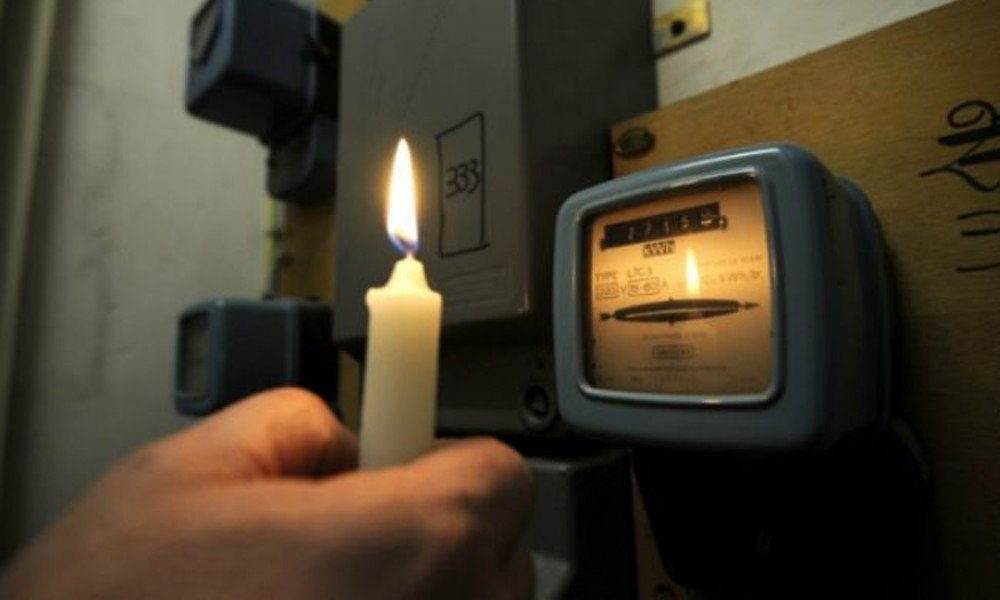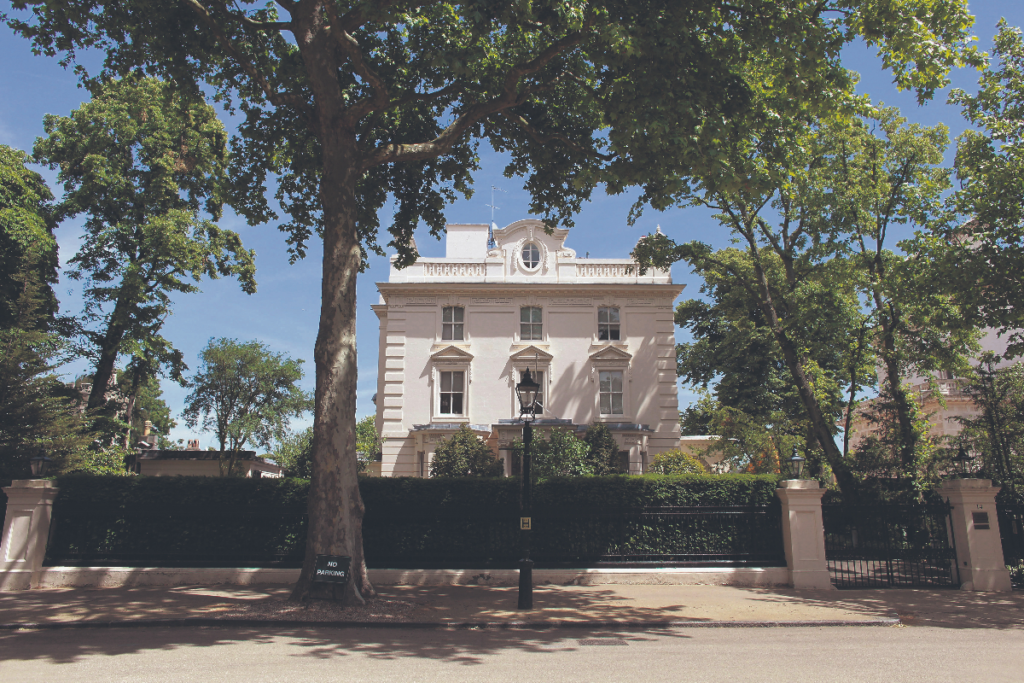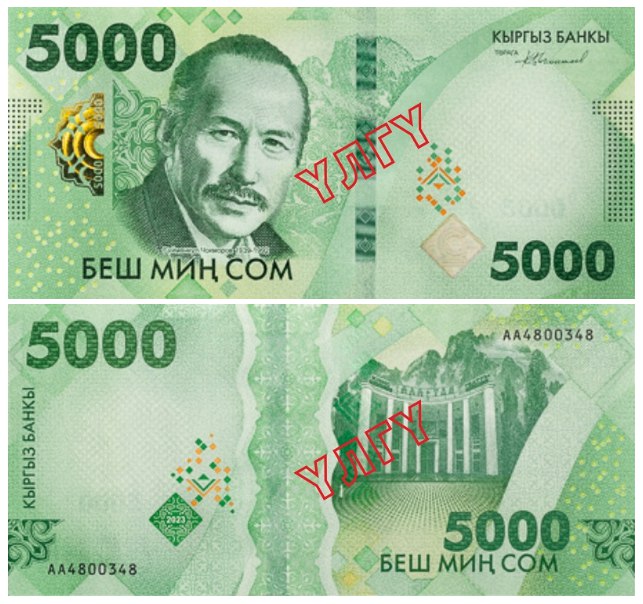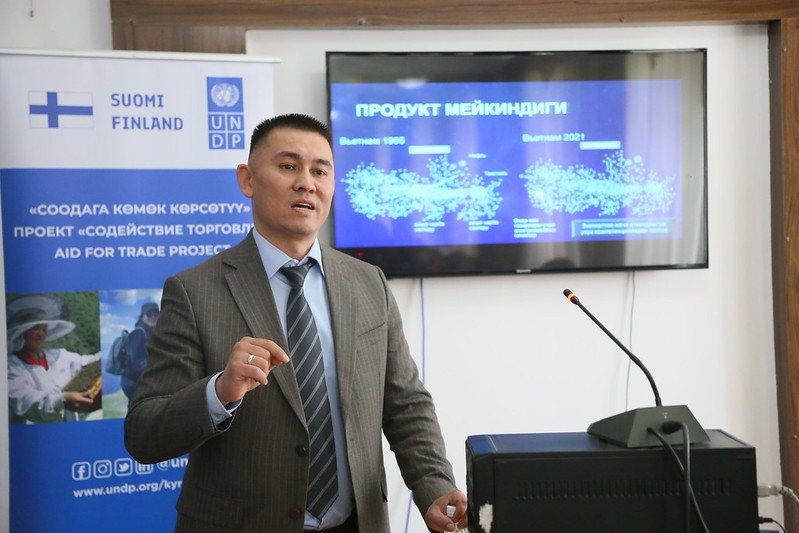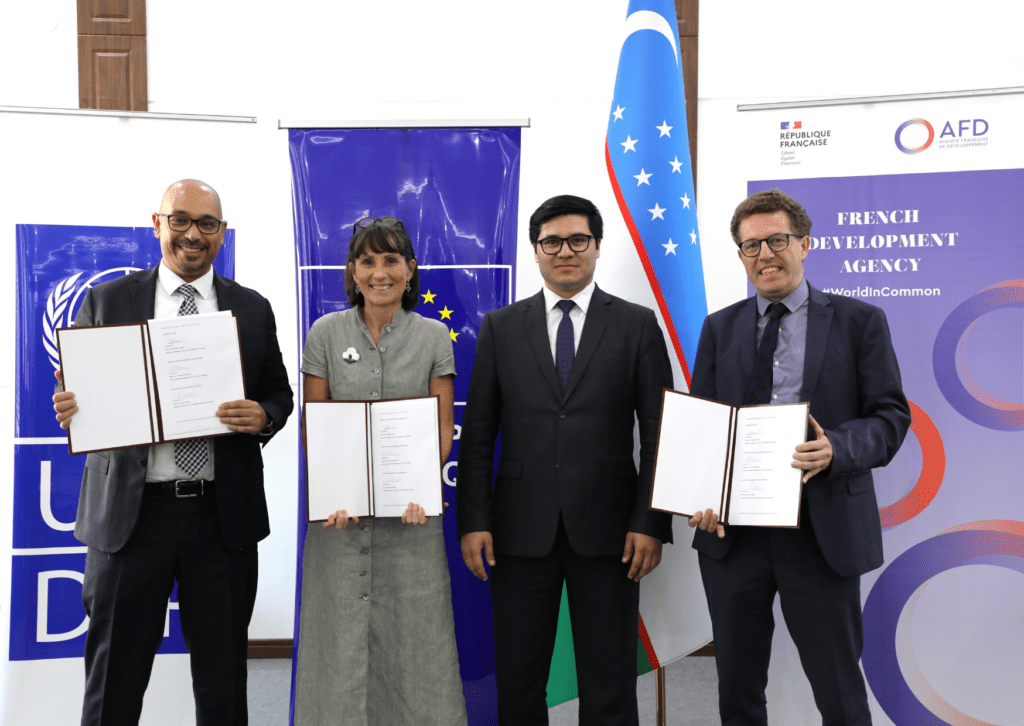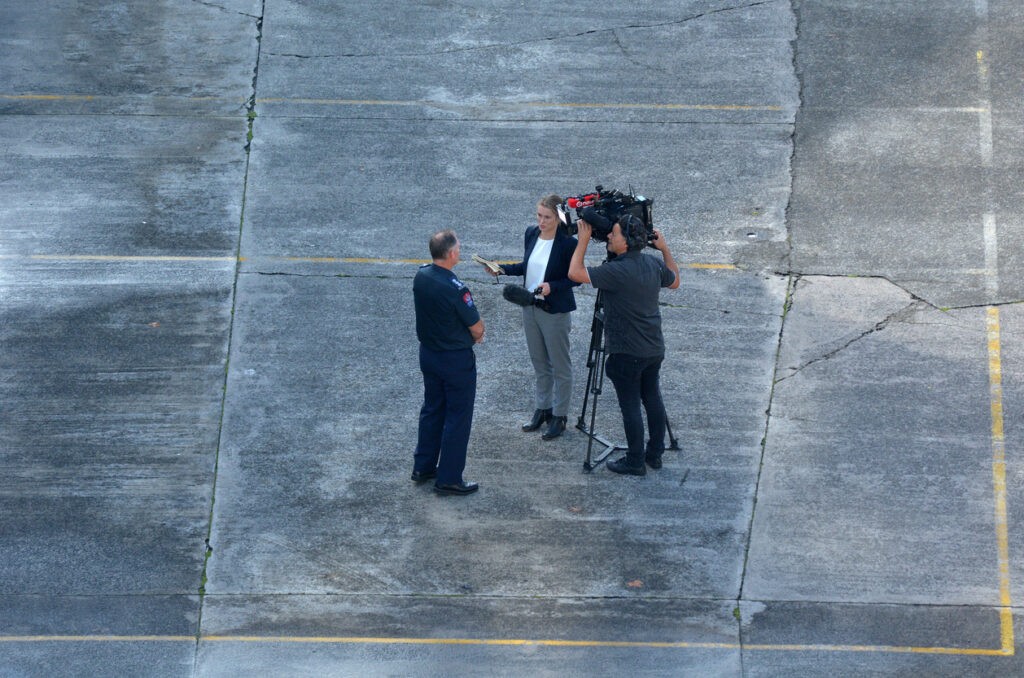The international agency Reporters Without Borders (RSF) published its annual Press Freedom Index on May 3, World Press Freedom Day. The report draws attention to the dire state that reporting in Uzbekistan is in.
Uzbekistan fell by 11 places in the global ranking, relegated to 148th out of 180 countries. RSF staff downgraded their rating of the state of freedom of speech in Uzbekistan from “severe” to “very serious”.
“Following the 2016 death of President Islam Karimov, circumstances have only barely improved for the media, and criticizing those in power remains very complicated,” reads RSF’s introduction to the Uzbekistan section of the report.
To compile the index, RSF graded the state of media freedom in 180 countries around the world using five different indicators: political, legal, economic, social and security.
Uzbekistan ranked 157th on the political indicator, which is 20 places lower than last year. For the legal indicator the result is similarly disappointing, a fall of 17 places. The country ranked 143rd in the economic indicator, which is 9 places lower than last year. The security indicator also worsened by 9 places. Only in the social indicator did Uzbekistan’s position rise, by two places to a still-lowly 145th.
RSF describes the political context in Uzbekistan as one where the authorities wield a great deal of control over the media — and also over a large group of bloggers with close ties to the government. RSF also mentions in the report that officials don’t hesitate to exert economic pressure or attempt to corrupt or influence journalists. “The growth of independent media is also largely hampered by laws and regulations that restrict their funding, especially by foreign-based organizations that support a free press,” reads an assessment from the economic section.
In its socio-cultural section, RSF notes that topics that aren’t covered in official mass media are highlighted on social media, including on platforms like Russia’s Odnoklassniki, Facebook and Telegram. Some groups are said to share information about government corruption on these platforms.
The report also points out that the last of the journalists who have been imprisoned, some for as long as 20 years, have now been released, but they have not been cleared of wrongdoing. Bloggers are still being threatened or arrested — as was the case with Otabek Sattoryi, the founder of the YouTube channel “Xalq Fikri” (People’s Opinion). He was sentenced to six and a half years in prison in May 2021 on false charges of defamation and extortion. Journalists who tried to cover his trial were physically assaulted or unjustly persecuted.
The crackdown on reporters covering demonstrations to support the republic of Karakalpakstan remaining autonomous shows the government’s determination to silence all dissent.
A report by Amnesty International published in April stated that the United Nations Working Group on Arbitrary Detention concluded that Otabek Sattoryi’s detention was unjustified, and called for his release.
Of Uzbekistan’s fall in the Press Freedom Index, a journalist from the BBC Uzbek Service, Ibrat Safo, wrote on his Facebook page: “[A] sharp drop… I’m actually very disappointed.” He also noted that “the eyes of the world community cannot be dazzled by any other reforms in the country or new benefits for investors. Freedom of the press is an important indicator of general freedom in the country.”
“President Shavkat Mirziyoyev takes international indexes seriously and maintains his international image. The government [has] made decisions to improve Uzbekistan’s position in international [ratings],” added Safo.


